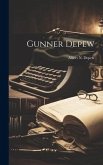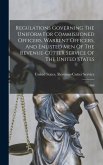Why did the British government declare war on Germany in August 1914? Was it because Germany posed a threat to British national security? Today many prominent historians would argue that this was not the case and that a million British citizens died needlessly for a misguided cause. This book counters such revisionist arguments. Matthew Seligmann disputes the suggestion that the British government either got its facts wrong about the German threat or even, as some have claimed, deliberately 'invented' it in order to justify an otherwise unnecessary alignment with France and Russia. By examining the military and naval intelligence assessments forwarded from Germany to London by Britain's service attaches in Berlin, its 'men on the spot', Spying on the Kaiser clearly demonstrates that the British authorities had every reason to be alarmed. From these crucial intelligence documents, previously thought to have been lost, Dr Seligmann shows that in the decade before the First World War, the British government was kept well informed about military and naval developments in the Reich. In particular, the attaches consistently warned that German ambitions to challenge Britain posed a real and imminent danger to national security. As a result, the book concludes that the British government's perception of a German threat before 1914, far from being mistaken or invented, was rooted in hard and credible intelligence.
Hinweis: Dieser Artikel kann nur an eine deutsche Lieferadresse ausgeliefert werden.
Hinweis: Dieser Artikel kann nur an eine deutsche Lieferadresse ausgeliefert werden.








